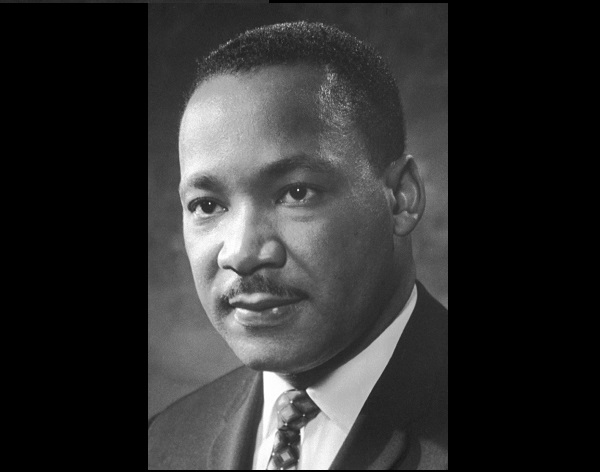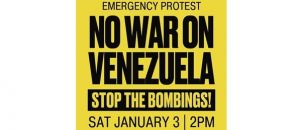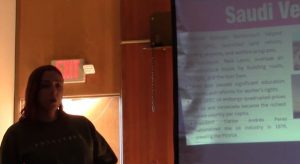MLK: Where does the movement go from here?
3 min read
In his final presidential address to the Southern Christian Leadership Conference Aug. 16, 1967, the Rev. Dr. Martin Luther King Jr.:
Rev. Dr. Martin Luther King, Jr. (Aug. 16, 1967): I want to say to you as I move to my conclusion, as we talk about where do we go from here, we must honestly face the fact that the movement must address itself to the question of restructuring the whole of American society.
There are 40 million poor people here. One day we must ask the question, why are there 40 million poor people in America? When you begin to ask that question, you’re raising a question about the economic system, about a broader distribution of wealth. When you ask that question, you begin to question the capitalistic economy.
And I’m simply saying that more and more, we’ve got to begin to ask questions about the whole society. We are called upon to help the discouraged beggars in life’s marketplace. But one day we must come to see that an edifice which produces beggars needs restructuring. It means that questions must be raised.
You see my friends, when you deal with this, you begin to ask the question: Who owns the oil? You begin to ask the question: Who owns the iron ore? You begin to ask the question: Why is it that people have to pay water bills and the world is two-thirds water? These are words that must be said.
I don’t think you have me in a bind today. I’m not talking about communism. What I’m talking about is far beyond communism. My inspiration didn’t come from Karl Marx. My inspiration didn’t come from Engels. My inspiration didn’t come from Trotsky. My inspiration didn’t come from Lenin. Yes, I read Communist Manifesto and Das Kapital a long time ago.
And I saw that maybe Marx didn’t follow Hegel enough. He took his dialectics, but he left out his idealism and his spiritualism, and he went over to a German philosopher by the name of Feuerbach and took his materialism and made it into a system that he called dialectical materialism. I have to reject that.
What I’m saying to you this morning: Communism forgets that life is individual. Capitalism forgets that life is social. The kingdom of brotherhood is found neither in the thesis of communism nor the antithesis of capitalism, but in a higher synthesis.
It’s found in a higher synthesis that combines the truths of both. Now when I say questioning the whole society, it means ultimately coming to see that the problem of racism, the problem of economic exploitation, and the problem of war are all tied together. These are the triple evils that are interrelated.
And if you will let me be a preacher just a little bit, one day, one night a juror came to Jesus and he wanted to know what he could do to be saved.
Jesus didn’t get bogged down on the kind of isolated approach of what you shouldn’t do. Jesus didn’t say, ‘Now Nicodemus, you must stop lying.’ He didn’t say, ‘Nicodemus, now you must not commit adultery.’ He didn’t say, ‘Now, Nicodemus, you must stop cheating if you are doing that.’ He didn’t say, ‘Nicodemus, you must stop drinking liquor if you are doing that excessively.’
He said something altogether different because Jesus realized something basic: That if a man will lie, he will steal, and if a man will steal, he will kill. So instead of just getting bogged down on one thing, Jesus looked at him and said, ‘Nicodemus, you must be born again.’
In other words, your whole structure must be changed. A nation that will keep people in slavery for 244 years will thingify them and make them things, and therefore they will exploit them and poor people generally, economically, and a nation that will exploit economically will have to have foreign investments and everything else, and it will have to use its military might to protect them.
All of these problems are tied together.
What I’m saying today is that we must go from this convention and say, ‘America, you must be born again.’
Image courtesy Nobel Foundation, Public domain, via Wikimedia Commons.







